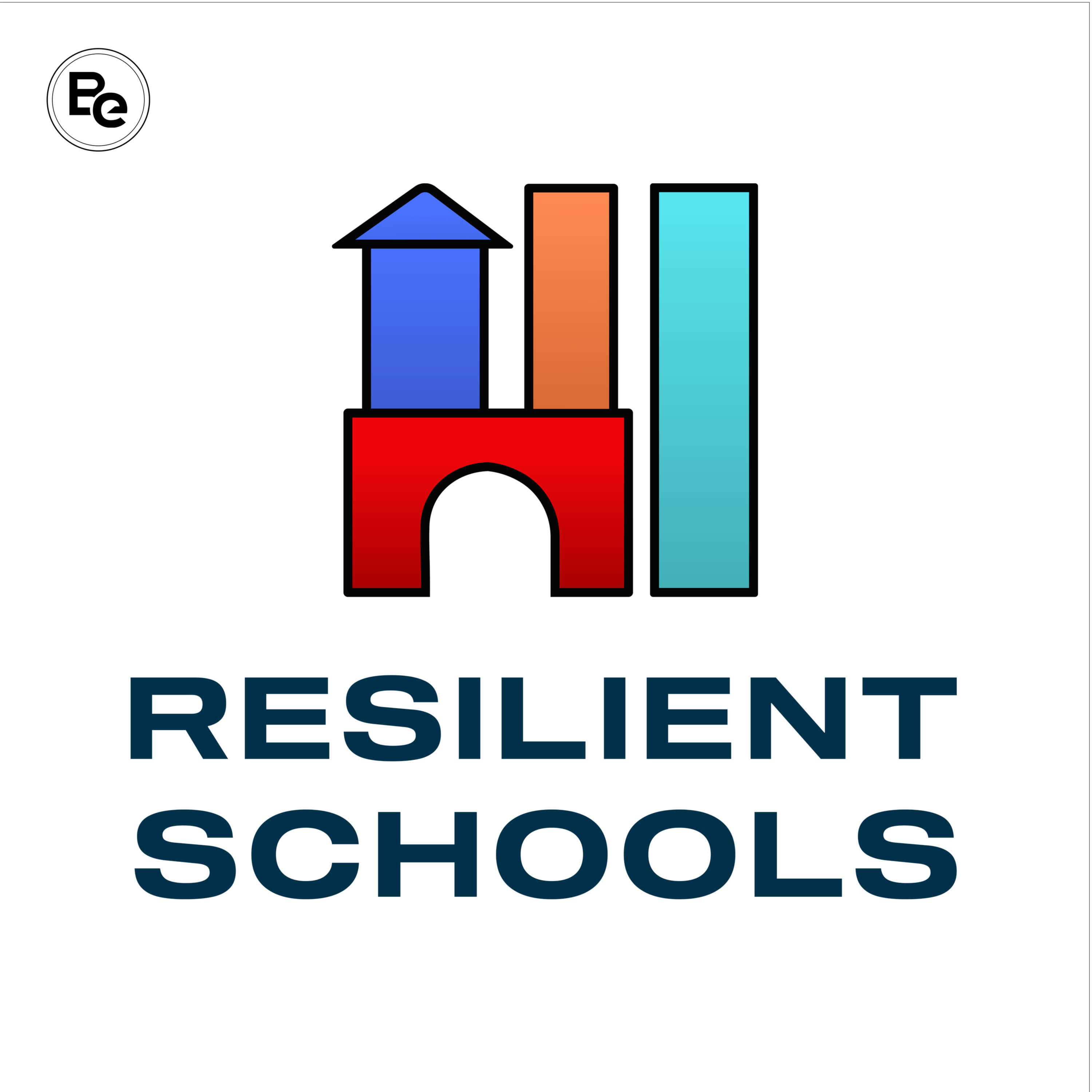- After-Shows
- Alternative
- Animals
- Animation
- Arts
- Astronomy
- Automotive
- Aviation
- Baseball
- Basketball
- Beauty
- Books
- Buddhism
- Business
- Careers
- Chemistry
- Christianity
- Climate
- Comedy
- Commentary
- Courses
- Crafts
- Cricket
- Cryptocurrency
- Culture
- Daily
- Design
- Documentary
- Drama
- Earth
- Education
- Entertainment
- Entrepreneurship
- Family
- Fantasy
- Fashion
- Fiction
- Film
- Fitness
- Food
- Football
- Games
- Garden
- Golf
- Government
- Health
- Hinduism
- History
- Hobbies
- Hockey
- Home
- How-To
- Improv
- Interviews
- Investing
- Islam
- Journals
- Judaism
- Kids
- Language
- Learning
- Leisure
- Life
- Management
- Manga
- Marketing
- Mathematics
- Medicine
- Mental
- Music
- Natural
- Nature
- News
- Non-Profit
- Nutrition
- Parenting
- Performing
- Personal
- Pets
- Philosophy
- Physics
- Places
- Politics
- Relationships
- Religion
- Reviews
- Role-Playing
- Rugby
- Running
- Science
- Self-Improvement
- Sexuality
- Soccer
- Social
- Society
- Spirituality
- Sports
- Stand-Up
- Stories
- Swimming
- TV
- Tabletop
- Technology
- Tennis
- Travel
- True Crime
- Episode-Games
- Visual
- Volleyball
- Weather
- Wilderness
- Wrestling
- Other
Teaching Regulation To Students with Teri Barila Resilient Schools 28
The Bridging to Resilience conference is about coming together with educators, social workers, health care professionals, religious communities, and other helping professionals to share conversations, ideas, strategies, tools, and connections to help build resilience and heal trauma in our own communities. November 6-8 in Wichita, Kansas. Register to attend this conference today!
During the interview with Teri Barila, the Children’s Resilience Initiative Director, several key points were discussed. Teri emphasized the importance of safety, connection, and learning in supporting trauma-impacted youth. She highlighted that regulation is crucial before any learning can take place, as the body’s response to stress shuts down other functions. Teri stressed the need for adults to understand the impact of toxic stress on brain development and to approach behavior from a different lens, focusing on what the individual has experienced rather than what is wrong with them.Teaching regulation to students was also discussed, with Teri emphasizing the importance of teaching self-regulation skills from an early age and providing opportunities for students to calm down. She emphasized the need for adults to be present with the child, noticing, naming, validating, and managing their feelings. Teri also highlighted the significance of attachment to a caring adult as the number one strategy for resilience.The interview touched on the role of schools in creating a caring and supportive environment for students. Teri emphasized that any perception of loss of safety can lead to students becoming disregulated, and that trauma is not just about adverse childhood experiences (ACEs), but also about the perception of loss of safety and connection. She stressed the importance of moral and emotional safety in addition to physical safety.Teri also addressed concerns about the time and resources required to support trauma-impacted youth. She emphasized that creating a calm room is not punishment and that schools cannot do this alone. She encouraged a shift from a punishment mode to a regulatory mode in teaching and supporting students.Overall, Teri Barila’s interview highlighted the importance of understanding the hardwired response system in the brain and the need for adults to support trauma-impacted youth through nurturing and regulation. She emphasized the role of attachment to a caring adult, the importance of creating a safe environment, and the reparative and restorative nature of nurturance.
Toxic Stress impacts our brain development and architecture
Brain developed to protect that individual.
When you feel threatened, you go to that brain stem.
How we look at behavior from a different lens.
It’s not what’s wrong with this person
What has this person experienced that I can manage to support him or her?
Regulatory skills are needed for kids.
Body already understands that you are being threatened.
Body shuts down all other functions to be supportive.
Use the same response systems as a child.
Understanding our brain architecture.
Language centers are disconnected when they are under stress.
Provide opportunities to calm down.
You ain’t getting to learning until that student is regulated.
We further escalate that response by sending the student out.
When we recognize that behavior is a call for help, we will move from punishment to regulation.
How to teach regulation to students.
Teach them how their brain works.
Don’t wait until they are in high school to teach self-regulation.
Recognize, validate, and manage their feelings.
Where are you as you’re walking into my classroom?
What’s going on in your world?
Mantras, other ways to regulate.
It’s all about

